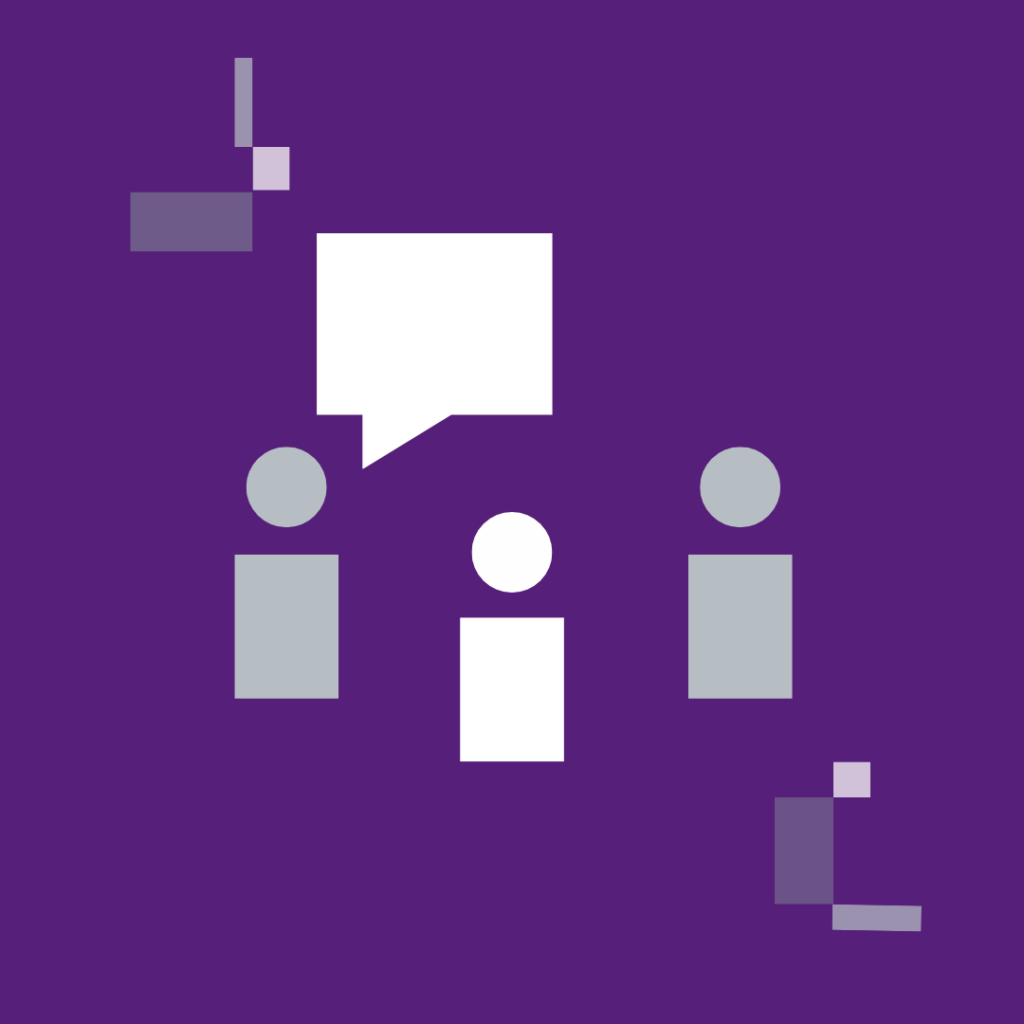On March 11th, 2024, Science Minister Petra Olschowski invited around 150 university lecturers from all over Baden-Württemberg to take part in the networking event: ‘AI in Higher Education Teaching in Baden-Württemberg’. The aim of the event, which took place at the Stuttgart University of Cooperative Education (DHBW), was to showcase the diversity of AI tools and their potential benefits for teaching and teaching concepts, to promote exchange between lecturers and to provide inspiration for their own teaching and academic practice.
The day consisted of two parts: In the morning, researchers were able to present during a poster session and exchange best practice models from their own teaching experience. In the afternoon, potential teaching concepts for AI were discussed and tested in an ‘ideas camp’. In between, there was plenty of time for lecturers to exchange ideas and to network. The event ended with a panel discussion. One special feature was the experimental attempt to have an AI tool accompany the entire event and summarise its content.

The RHET AI Center was represented at the event by Markus Gottschling and Salina Weber. As part of a poster session on good practice models from teaching, they presented their workshop concept: ‘Prompt towards a goal? The rhetoric of generative AI’.
During the workshops, the participants develop rhetorical AI skills in six steps that go beyond a purely technical understanding of artificial intelligence and AI tools. The aim is to provide initial support for (scholarly) work with generative AI, to remove usage barriers and highlight limitations and opportunities. The training takes place in academic and non-academic contexts.
The participants gain a number of insights in the course of the workshop. First of all, AI tools are a good way to support one’s own (scientific) work. By using natural language, for example, the results generated by AI tools are low-threshold and easily accessible. However, generative AI cannot produce suitable results on its own. They are trained to imitate what is known and provide the most likely answer. Therefore, humans are always needed for AI to be functional. Humans, or the users of AI tools, have a wide range of control options and significantly influence the output of the AI through their prompts. If users are trained to develop an awareness of exactly what they want to achieve with their prompt, i.e. if they have a rhetorical goal of communication in mind, the AI can generate more appropriate results. Co-creativity is the core message of the workshop. Through conscious and rhetorical co-creativity, AI tools can be used in an ideal way and be a great support for one's own (scientific) work. However, it is always important to be aware of the limitations of AI tools and to critically question the results.
All in all, our RHET AI team is pleased with how the event went. In addition to the many opportunities for networking and dialogue, the presentation of the different teaching models was very exciting and — like the day as a whole — inspiring and useful.





